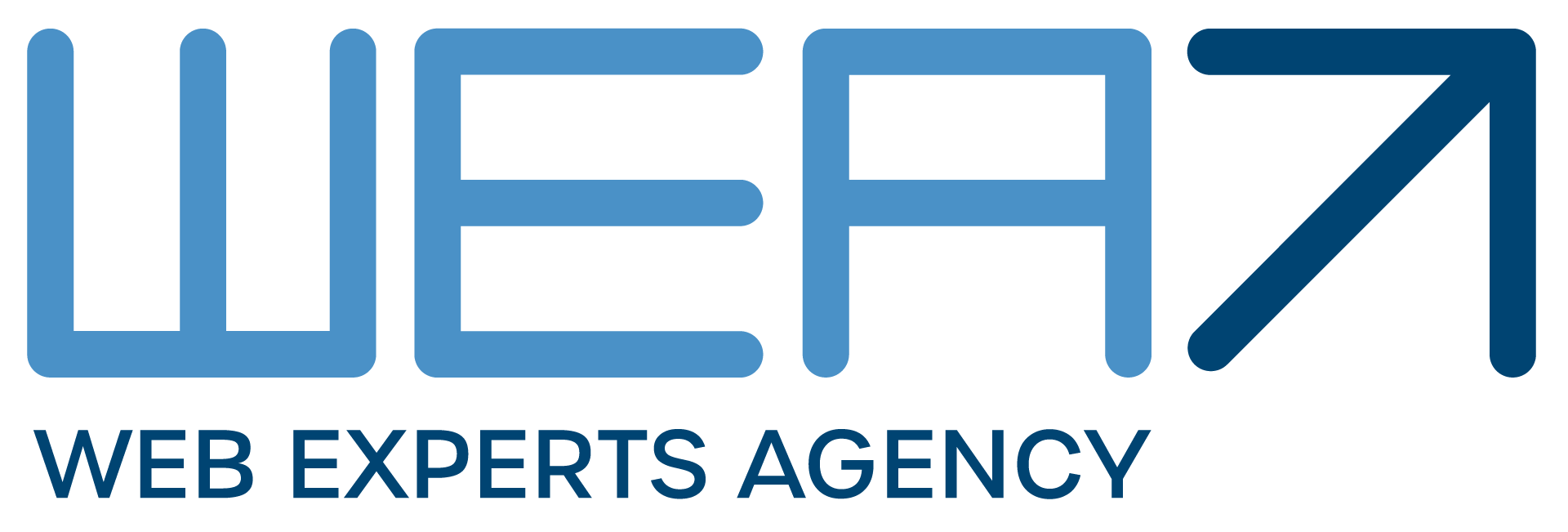
Introduction
Maintaining a competitive edge is an ongoing challenge in the ever-evolving digital marketing landscape. Link building, a fundamental tool in every SEO strategist’s arsenal, profoundly influences your website’s search engine rankings and, by extension, its online visibility. Link building isn’t merely a peripheral SEO technique; it’s a driving force behind search engine visibility and, ultimately, the success of your digital presence.
Link building is the most challenging aspect of SEO, according to 52.3% of digital marketers. As the digital landscape evolves, understanding and harnessing the power of links is paramount. With patience, dedication, and a keen focus on quality, you can master the art of link-building and secure a prominent place in the digital realm.
Demystifying Link Building: What Is It Exactly?
Link building is a fundamental strategy within Search Engine Optimization (SEO), designed to enhance a website’s online presence and authority by acquiring hyperlinks from external websites. These hyperlinks are the connectors that facilitate web traffic flow to your website, creating a vast network of interconnections across the internet:
-
Strategic Process:
Link building is not a random or haphazard practice. It’s a meticulously planned and executed strategy to acquire backlinks from relevant and authoritative sources. These backlinks act as endorsements of your website’s credibility.
-
Traffic Flow:
Backlinks provide users with pathways to navigate the digital landscape. When a reputable website links to your content, it’s akin to opening a door for its audience to visit your site, thus increasing your potential reach and audience engagement.
-
Building Bridges:
Each hyperlink represents a connection between websites, allowing users to traverse the vast online terrain easily. These virtual bridges are what help search engines understand the relationships between websites.
-
Authority Evaluation:
Search engines like Google employ a complex algorithm that evaluates websites based on various factors, including the quality and quantity of their backlinks. When high-authority, trustworthy websites link to your content, it signifies to search engines that your website is reliable.
-
Quality Over Quantity:
It’s crucial to emphasize that link building isn’t about accumulating as many links as possible. The focus should always be on acquiring high-quality, authoritative links from reputable sources. A staggering 93.8% of link builders emphasize that the quality of links holds more significance than the quantity of links. The reputation and relevance of the linking website play a pivotal role in determining the impact on your website’s SEO. A single link from a renowned source can often hold more weight than numerous links from less credible websites.
Why Link Building Matters for Search Engine Rankings?
Link building is the cornerstone of SEO, and its significance in enhancing your website’s search engine rankings cannot be overstated. Here’s why link-building matters and how it directly impacts your online presence:
-
Enhanced Visibility:
Search engines, like Google, place a premium on websites with robust backlink profiles. When authoritative websites link to your content, it is a powerful endorsement of your website’s trustworthiness and credibility. Search engines perceive these links as votes of confidence, significantly improving your website’s visibility in search results.
-
Improved Ranking:
The heightened visibility resulting from quality backlinks translates into better rankings in search results. Websites with substantial backlinks from reputable sources tend to occupy the top positions in search engine results pages (SERPs). The more authoritative the referring websites are, the greater the impact on your ranking.

-
Increased Referral Traffic:
Backlinks bolster your website’s SEO and are a gateway for targeted referral traffic. When a reputable website links to your content, its audience is more inclined to follow that link and explore your site. This surge in referral traffic can be a game-changer, potentially leading to increased engagement, longer session durations, and higher conversion rates on your website.
-
Trust and Authority:
Backlinks from trusted and authoritative sources are pivotal in establishing your website’s credibility. Users are more likely to trust content and brands endorsed by reputable websites. The trust garnered from such endorsements results in higher user engagement, loyalty, and an increased likelihood of users returning to your site.
The Link Building Ecosystem: Internal vs. External Links
In the intricate landscape of link building, two primary categories of links exist: internal and external. An even 42% of SEO professionals allocate their time evenly between constructing internal and external links. These links play distinct yet complementary roles, shaping the very foundation of your website’s SEO strategy:
Internal Links:
-
Intra-Site Connectivity:
Internal links are the lifeblood of your website’s navigational structure. They are hyperlinks that seamlessly connect various pages within the same website. These links form a network of pathways, guiding users through your site’s digital terrain.
-
User Experience Enhancement:
Well-structured internal linking is a user-centric approach significantly improves the overall browsing experience. Visitors can effortlessly navigate through your site, swiftly locating related content. It keeps users engaged and reduces bounce rates, as they find it easier to discover valuable information.
-
Page Authority Distribution:
Internal links play a vital role in the distribution of page authority. By judiciously interlinking content, you can channel authority from high-traffic pages to others, thus boosting the visibility of specific pages in search results.
-
SEO Benefits:
From an SEO perspective, internal links guide search engine crawlers throughout your website. These crawlers can identify the hierarchy of pages, determining which ones are most important and relevant. Well-implemented internal links can lead to better indexing and ranking of your content.

External Links:
-
Inbound Connections:
External links, often called backlinks, are the external bridges connecting your website to the broader digital world. They originate from other websites and point to pages on your site.
-
Authority and Relevance:
External links are a focal point in the link-building strategy. Each backlink signifies confidence in your website’s authority and relevance. Search engines consider these endorsements as crucial factors in determining the quality and trustworthiness of your content.
-
Ranking Boost:
The more high-quality external links your website garners, the higher the likelihood of scaling the search engine rankings. Search engines favour websites with an extensive network of authoritative backlinks, which can propel your site to the forefront of search results.
The Anatomy of a Quality Backlink
In the realm of link building, not all backlinks are created equal. Understanding the essential characteristics of a quality backlink is paramount for a successful SEO strategy. Here’s a more comprehensive breakdown of what makes a backlink truly valuable:
-
Relevance:
It should originate from a website closely aligned with your niche or industry. Search engines, including Google, prioritize the context and subject matter of the linking site. A backlink from a source related to your content carries more weight than one from an unrelated site.
-
Authority:
Backlinks from authoritative websites hold substantial value. These authoritative sources typically encompass well-established entities such as news outlets, government websites, and renowned industry publications.
-
Trustworthiness:
Firm backlink profiles and domain age characterise trustworthy websites. When your website receives backlinks from these trusted sources, it signals to search engines that your content can be trusted, further enhancing your website’s credibility.

-
Editorial Backlinks:
They are earned naturally and are not acquired through manipulative tactics. These links are awarded based on your content’s quality, relevance, and authority. Search engines highly value editorial backlinks, which indicate a genuine interest in your content.
-
Diversity:
A well-rounded portfolio of backlinks from various sources, including blogs, forums, social media, and authoritative websites, enhances your website’s SEO. A diverse link profile mirrors a comprehensive online presence and showcases your website’s versatility.
Measuring Link Building Success
The effectiveness of link building extends beyond the mere accumulation of backlinks; it hinges on your ability to meticulously monitor and assess your efforts for tangible results. Here are key metrics and indicators to gauge the success of your link-building endeavours:
-
Organic Traffic:
An uptick in organic traffic originating from search engine results pages (SERPs) is a telltale sign that your link-building efforts yield dividends. Keep a close watch on the growth in visitors through search engine-driven channels.
-
Keyword Rankings:
Monitor the rankings of specific keywords that you’ve optimized your content for. Improved keyword rankings signify the effectiveness of your link-building campaign, as they indicate that your content is climbing the SERPs.
-
Referral Traffic:
Scrutinize the volume of referral traffic from external websites linked to your content. Increased referral traffic is a clear testament to the value and relevance of your cultivated backlinks.
-
Domain Authority:
Assess your website’s domain authority using tools like Moz or Ahrefs. An escalation in domain authority is compelling evidence that your link-building strategy positively impacts your website’s online presence. This metric reflects not only the quantity but also the quality of backlinks.
-
Click-Through Rate (CTR):
Delve into the click-through rate of the backlinks leading to your site. A high CTR indicates the relevance and effectiveness of your links. It suggests users find the linked content enticing and valuable enough to click through your website.
-
Link Profile Analysis:
Regularly scrutinize your link profile to ensure it maintains diversity and remains free from spammy or low-quality links. Employ tools such as Google Search Console and various SEO software to facilitate this analysis. A well-curated link profile is crucial for maintaining a robust online presence and safeguarding against potential penalties from search engines.
Conclusion
In the fiercely competitive digital marketing landscape, mastering the art of link building can serve as your clandestine weapon for ascending the search engine rankings and attaining online triumph. As you traverse this path, nurture relationships, engage with your audience, and observe with gratification as your website’s visibility steadily ascends to new heights, cementing your position as a formidable contender in the digital realm.
Remember that the quality of backlinks, not quantity, reigns supreme when embarking on your link-building expedition. Many robust, pertinent, and reliable backlinks surpass many lacklustre ones. Patience, unwavering commitment, and a dedicated focus on producing valuable content that naturally attracts such links are the keys to success in this endeavour.
FAQs
Q. How to identify a high-quality backlink?
A. A high-quality backlink is typically relevant to your niche or industry, originates from authoritative sources, and is earned naturally through valuable content. It should come from a trustworthy site, contributing positively to your website’s SEO.
Q. Is quantity or quality more important in link building?
A. Quality surpasses quantity in link building. A few authoritative, relevant backlinks hold more weight than numerous low-quality ones. Focus on cultivating a diverse and high-quality link profile for optimal SEO impact.
Q. How can I measure the success of my link-building efforts?
A. Monitor organic traffic growth, keyword rankings, referral traffic, domain authority, and click-through rates. A comprehensive link profile analysis ensures you are on the right track to SEO success.




